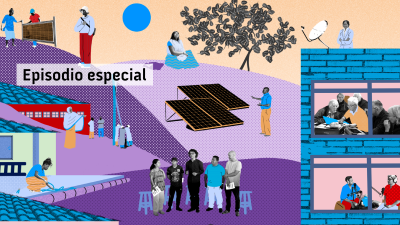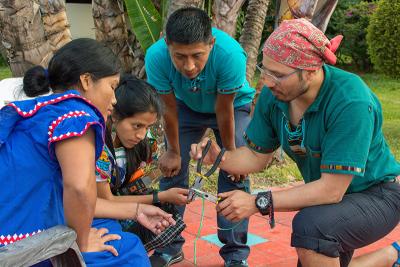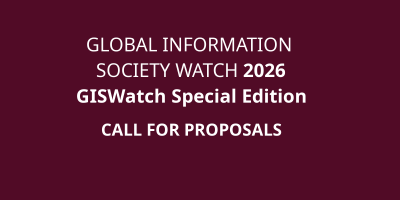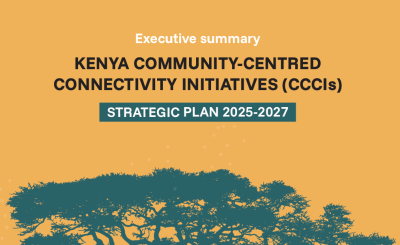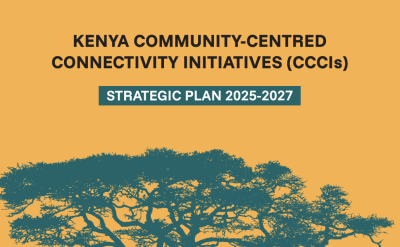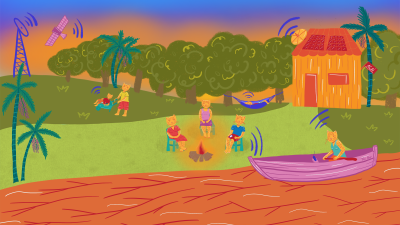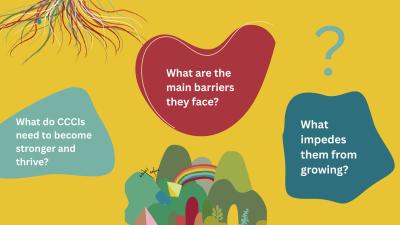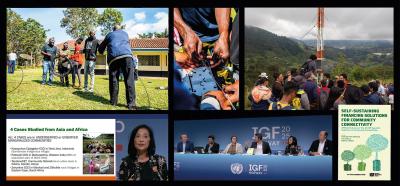Sida is a government agency working on behalf of the Swedish parliament and government, with the mission to reduce poverty in the world. Through their work and in cooperation with others, they contribute to implementing Sweden’s Policy for Global Development (PGU). They carry out enhanced development cooperation with a total of 35 countries in Africa, Asia, Europe and Latin America. The selection of cooperation countries are based on political decisions made by the Swedish government.
Work supported:
- Core funding for APC Strategic Plan (2020-2023)
- Connecting the unconnected: Supporting community networks and other community-based connectivity initiatives
- Core funding for APC Strategic Plan (2016-2019)
- Core funding for APC Strategic Plan (2013-2016)
- Global Information Society Watch (2008-2011)
- Internet Rights Are Human Rights (2010-2012)
- Placement of trainee staff through Bilateral Associate Expert Training Programme (2010-2011)
- Study of Effects and Possibilities of ICT for Enhancement of Democracy with a Focus on Empowerment in East Africa (2008-2009)
183 results

